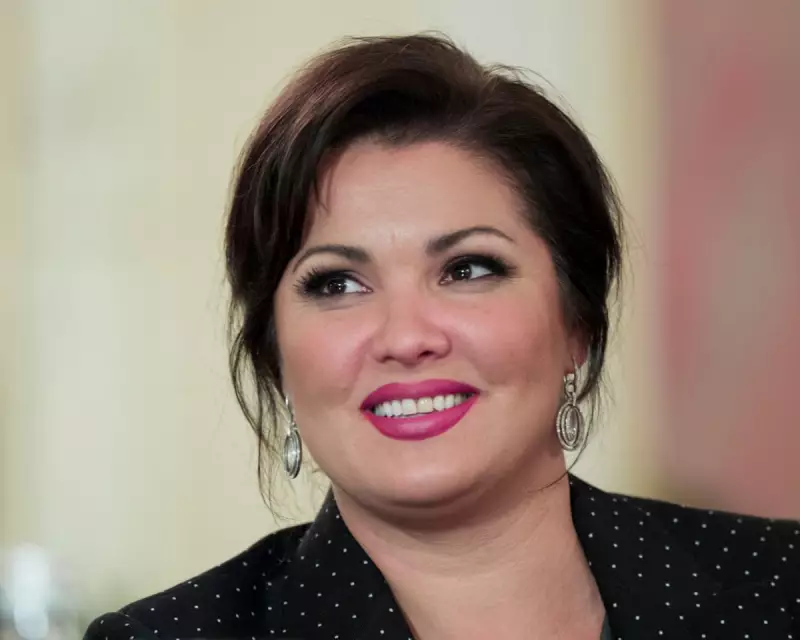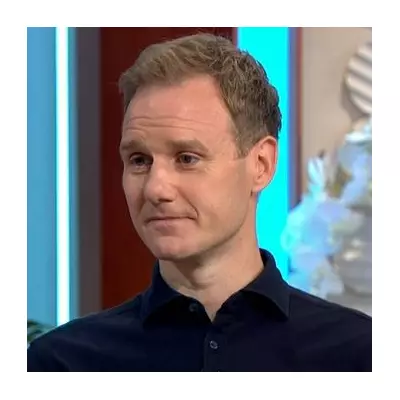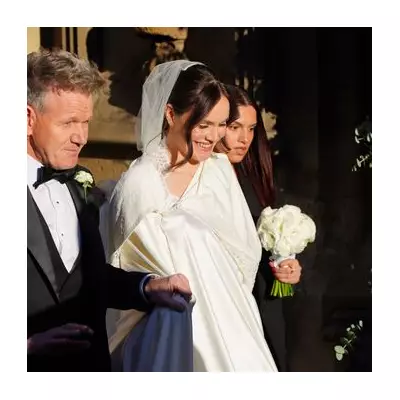
The Royal Ballet and Opera has ignited a heated debate after extending an invitation to Russian soprano Anna Netrebko, a figure mired in political controversy. Critics argue that the move undermines efforts to hold Russian artists accountable for their alleged ties to the Kremlin.
Artistic Freedom vs. Political Accountability
Netrebko, once a darling of the opera world, has faced widespread criticism for her perceived support of Russian President Vladimir Putin. Her scheduled performance at the Royal Opera House has drawn ire from cultural commentators and political activists alike, who question the institution's decision-making.
Public Outcry Grows
Opponents of the invitation highlight Netrebko's past associations with Putin's regime, including her attendance at pro-Kremlin events. Many argue that providing her with a platform legitimises Russia's actions on the global stage.
Defenders Cite Artistic Merit
Supporters counter that art should transcend politics, emphasising Netrebko's unparalleled vocal talent. They contend that cultural institutions must remain neutral spaces for artistic expression, free from geopolitical tensions.
The Royal Opera House's Dilemma
This controversy places the prestigious institution in a difficult position. As pressure mounts from both sides, the Royal Opera House must weigh its commitment to artistic excellence against growing calls for cultural boycotts of Russian artists.
The decision could set a precedent for how Western cultural institutions engage with artists from nations involved in international conflicts.





